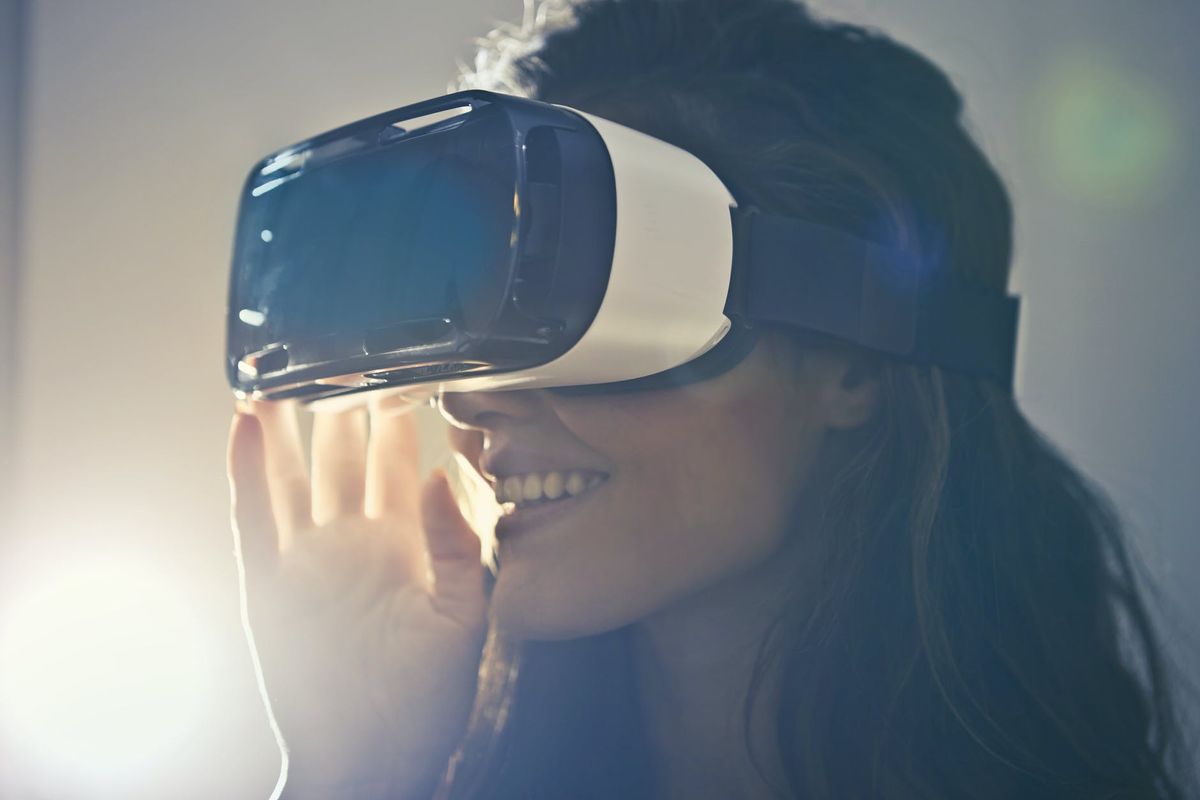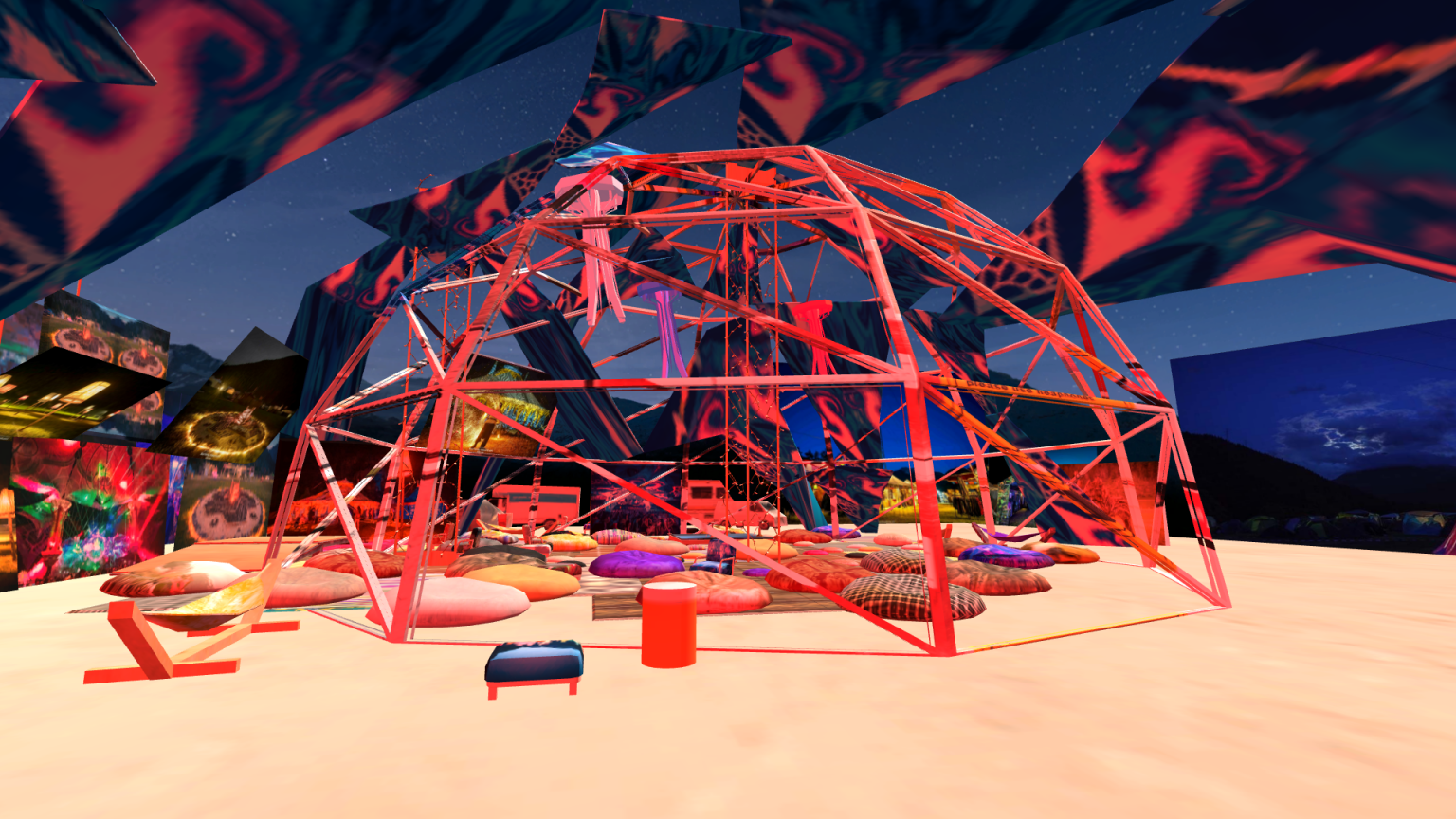How is virtual reality changing the world?

A few minutes every morning is all you need.
Stay up to date on the world's Headlines and Human Stories. It's fun, it's factual, it's fluff-free.
What is the future of virtual reality (VR), and how do we see virtual reality changing the world? With advancements in VR technology progressing every year, new wave tech like VR headsets has transformed everyday life into what some may call a parallel universe. This goes beyond the augmented reality (AR) tech that we’ve seen ever more present with our smart devices – from Google Maps to games like Pokemon Go. VR is an entirely immersive experience.
As sci-fi as it may sound, virtual realms have made a global impact as many people immerse themselves in these digital alternate realities. Moreover, because researchers and scientists have made significant progress in designing computer-generated, three-dimensional environments, we see virtual reality becoming more present in day-to-day life.
VR technology has made its way into various industries, including gaming, medical, military, architecture and more. While some industries are still trying to understand this futuristic tech better, other developers in VR like Palmer Luckey – founder of Oculus VR and designer of the Oculus Rift – have had a successful start. As the pandemic continues to change our sense of what’s normal, it’s easy to see how practical virtual reality just may be at a time like this.
Virtual reality meets the pandemic
The history of virtual reality interest dates back some time, but renewed modern interest in the tech came with the Oculus launch in 2010. After Facebook bought Oculus VR in 2014 for US$2 billion, interest in VR seemed to gain momentum among other big companies. Soon after, influential corporations like Sony, Google and Samsung began exploring VR technology’s endless possibilities.
The potential of virtual reality attracted plenty of attention, and it has continued to develop during the time of COVID-19 restrictions. As a result, what started as something more prevalent within the gaming and entertainment industries has become an essential tool for businesses trying to adapt to the drastic effects of the pandemic.
A New York Reuters article details the future of employee training and how it has evolved into something more than just your average web module. For example, Walmart has been using a 360-degree video experience of virtual reality to allow employees to participate in a variety of scenarios. “Now, VR headsets are in more than 4,500 stores, and some 800,000 associates have gone through training with them,” Reuters reports.
With more experimentation into the virtual space, large companies like Facebook have also started to launch new VR-based remote work. Using one of the latest versions of VR, Oculus Quest 2, Facebook employees now can hold meetings as avatar versions of themselves.
Elizabeth Culliford highlights just how beneficial this new Horizon Workroom app will be long-term, putting emphasis on this futuristic “metaverse.” This term is “used to describe immersive, shared spaces accessed across different platforms where the physical and digital converge,” which is exactly what is happening through businesses seeking to adapt.
What can we expect for the future of virtual reality?
Lead editor at TechUnderWorld, Caroline Pereira, explains: “Virtual reality is changing the world, especially the gaming world, because it doesn’t let the gamers enjoy the game but also allows one to change their avatar. It’s providing a much safer environment for humans to face and overcome their fear.
“It has already changed the face of theaters and entertainment with gadgets like VR headsets. VR is even enabling one to travel for virtual tours of hotels and museums. It’s allowing medical students to learn the process of surgery without actually doing it in real life.
“Overall, VR is a boon for the human world,” Pereira concludes.
Companies within the music festival industry are also taking advantage of this virtual alternative. Unfortunately, due to safety guidelines and protocols during the pandemic, thousands of festival-goers around the world were unable to attend music festivals in person. Although the news was a hard hit for many ticket holders, organizers behind renowned events like Burning Man still sought to provide the audience with a memorable experience.

Instead of their traditional annual gathering in the middle of Black Rock Desert, they decided to host an immersive digital gathering this year; experimenting with things like virtual artwork and digital immersion. Although many seasoned veterans of the Burning Man community know the experience would never be the same, the process of providing a safe and virtually enjoyable event was the end goal for event curators.
As the potential of the virtual world continues to advance things like gaming, entertainment and even music festival immersion, we are seeing the integration of virtual reality with everyday business models – from employee training to remote workspaces. What began as something targeted to enhance gaming is now revolutionizing the way we understand and interact with virtual reality in everyday areas of life. We can expect the future of VR to make this technology, virtual realms and augmented reality ever more accessible.
Have a tip or story? Get in touch with our reporters at tips@themilsource.com




Comments ()